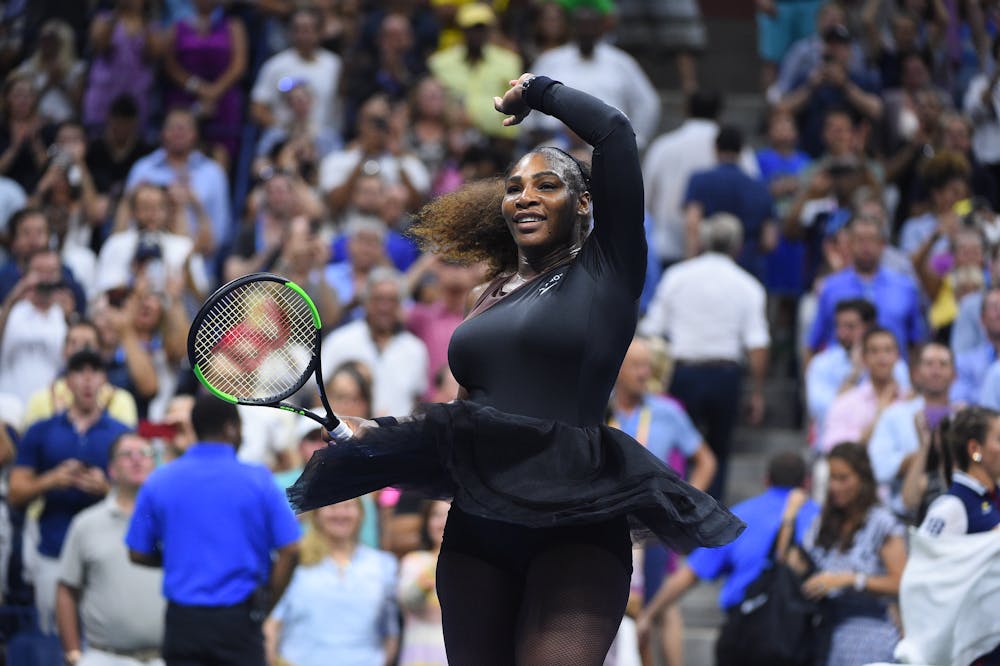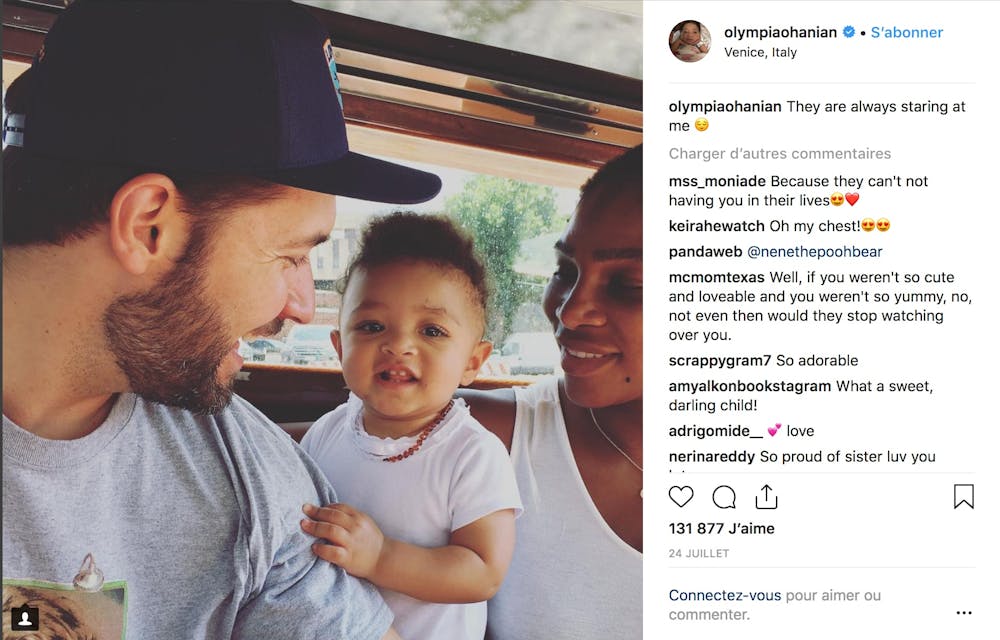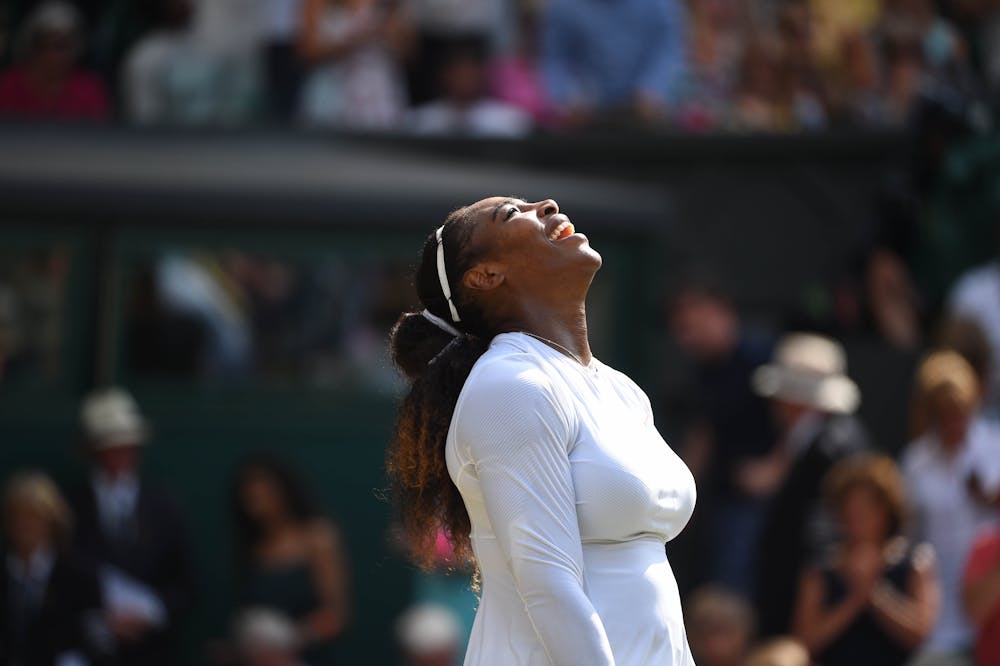That’s not to say it’s been easy, both on court and off. Williams has opened up on her difficult birth, feelings of inadequacy as a mother and the struggle to remain a constant presence in her daughter’s life, all the while recognising that she does so with the privilege of wealth, support and choice, and embracing the notion that she can be a role model and inspiration for new parents the world over.
“My choice is to choose to just be the best – try to be,” Williams said. “I’m not always perfect. Actually, I’m never perfect – just try to be the best that I can be. Maybe I can just influence one person, and that makes a change already.”
“Dont' call it a comeback“
It’s been a rocky road since Serena returned to action (“Don’t call it a comeback,” she insists in an ad campaign released on the eve of the US Open). Indian Wells and Miami arguably came too soon, and while she reached the fourth round at Roland-Garros she was forced to withdraw ahead of her showdown with Maria Sharapova.
Wimbledon, however, saw Williams’s game flourish once more as she surged to her first final since winning the 2017 Australian Open. Angelique Kerber proved a test too far in July, but after fighting back the tears in the trophy ceremony, a defiant Serena said: “I was really happy to get this far. It’s obviously disappointing but I can’t be disappointed. I’m literally just getting started. For all the mums out there, I was playing for you today – I tried.”
With no player ranked inside the top 10 though to the semi-finals, even with the No.17 seeding next to her name, Williams finds herself in the familiar territory of favourite for the title. But she has been here before, most notably in her two previous US Open semi-finals. In 2015, with an historic calendar slam on the line, she succumbed to the wily Roberta Vinci, while a knee injury in 2016 hampered her play against the then-unheralded Pliskova.
 ROLAND-GARROS
19 May - 8 June 2025
ROLAND-GARROS
19 May - 8 June 2025


 ©Corinne Dubreuil/FFT
©Corinne Dubreuil/FFT
 ©Corinne Dubreuil/FFT
©Corinne Dubreuil/FFT